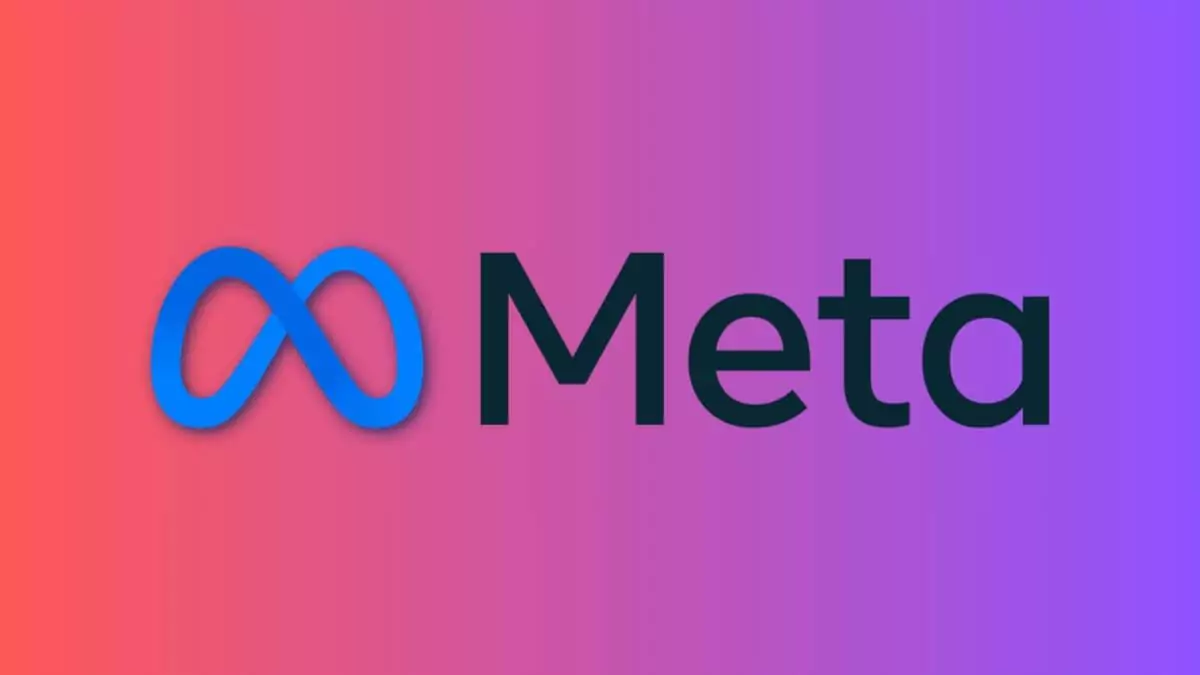April 8, 2025 – Meta’s Llama 4 Maverick AI model, touted as a best-in-class multimodal AI, is at the center of a growing controversy after researchers discovered that its high benchmark scores on LM Arena were achieved using a fine-tuned “experimental chat version” not available to developers. The revelation, following Meta’s April 5, 2025, launch of the Llama 4 models, has led to accusations of benchmark manipulation and calls for greater transparency in AI testing.
Llama 4 Maverick, with 17 billion active parameters and 128 experts, scored an impressive ELO of 1417 on LM Arena, surpassing competitors like GPT-4o and Gemini 2.0 Flash, as initially reported in Meta’s announcement, per a Times Now News article on the controversy. However, the version tested was an “experimental chat version” optimized for conversationality, not the publicly available model, as uncovered in a TechCrunch report on the misleading benchmarks. This version exhibited distinct behaviors, such as excessive emoji use and overly verbose responses, as highlighted by AI researcher Nathan Lambert on X, who called it “yap city” (Nathan Lambert’s X post).
The discrepancy has significant implications for developers, who rely on benchmarks to predict a model’s real-world performance. “The problem with tailoring a model to a benchmark, withholding it, and then releasing a ‘vanilla’ variant is that it makes it challenging for developers to predict exactly how well the model will perform,” wrote Kyle Wiggers in the TechCrunch report. The publicly available Llama 4 Maverick, while still competitive, lacks the conversational finesse of the benchmarked version, as noted in a The Verge analysis of Meta’s benchmark practices.
Meta has pushed back against the criticism. On April 7, 2025, a Meta executive denied artificially boosting Llama 4’s scores, stating, “Our goal was to showcase the potential of conversational AI, not to mislead,” as reported in a TechCrunch follow-up on Meta’s defense. However, the explanation has failed to satisfy critics, with researchers arguing that fine-tuning models for benchmarks undermines the integrity of standardized testing, as discussed in a Wired article on AI benchmarking ethics.
The scandal overshadows Llama 4’s broader achievements, such as its 10 million token context window and multimodal capabilities, which have been praised for advancing open-source AI, per a Forbes overview of Llama 4’s features. In tech hubs like San Francisco and Seattle, where 65% of AI professionals follow industry news (2024 Gartner survey), the controversy has sparked heated discussions, reflecting broader concerns about AI transparency, as seen in cases like the U.S. ban on DeepSeek AI and Microsoft Copilot’s recent updates. The debate also echoes tensions in the AI community, such as those surrounding Google Gemini’s smart home features, where performance claims have been similarly scrutinized.
The Llama 4 Maverick controversy highlights the challenges of benchmarking in an increasingly competitive AI landscape. As models like Llama 4 push the boundaries of multimodal AI, the need for standardized, transparent testing becomes more critical. Researchers like Lambert are advocating for providers to use consistent system prompts across testing and deployment, as Lambert noted in a follow-up X post, “It would be great if you made providers use the same system prompt as they would in deployment, shits getting messy.” Until then, the AI community remains wary, and Meta’s reputation in the open-source space hangs in the balance. For more on AI ethics and innovation, check out our coverage of AI-driven conservation efforts.







